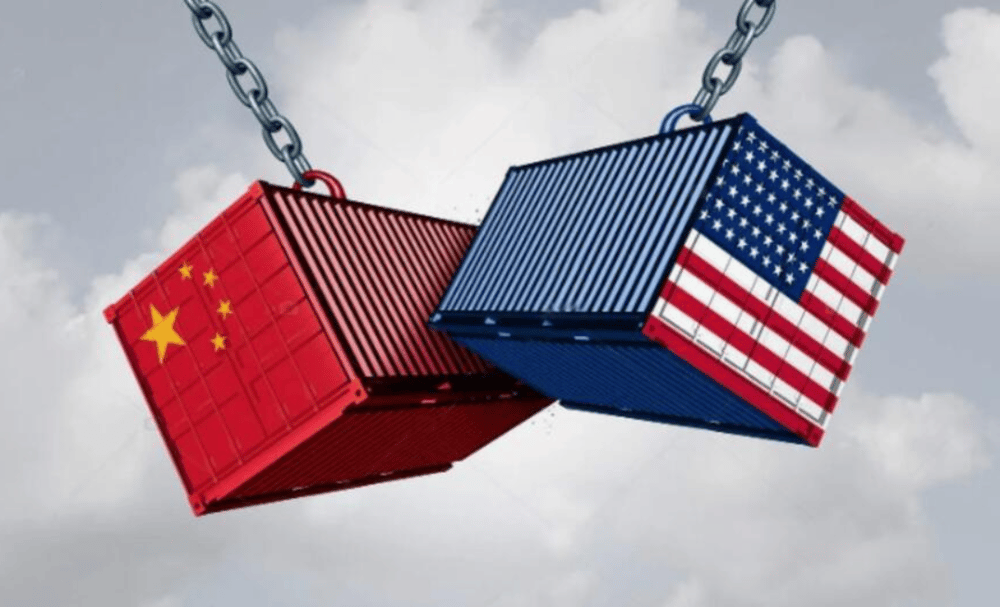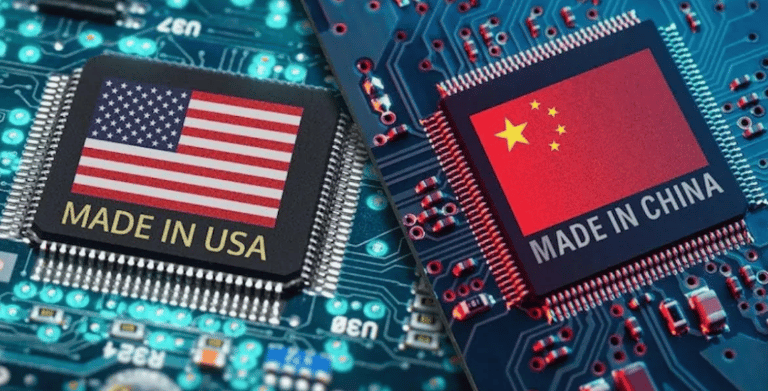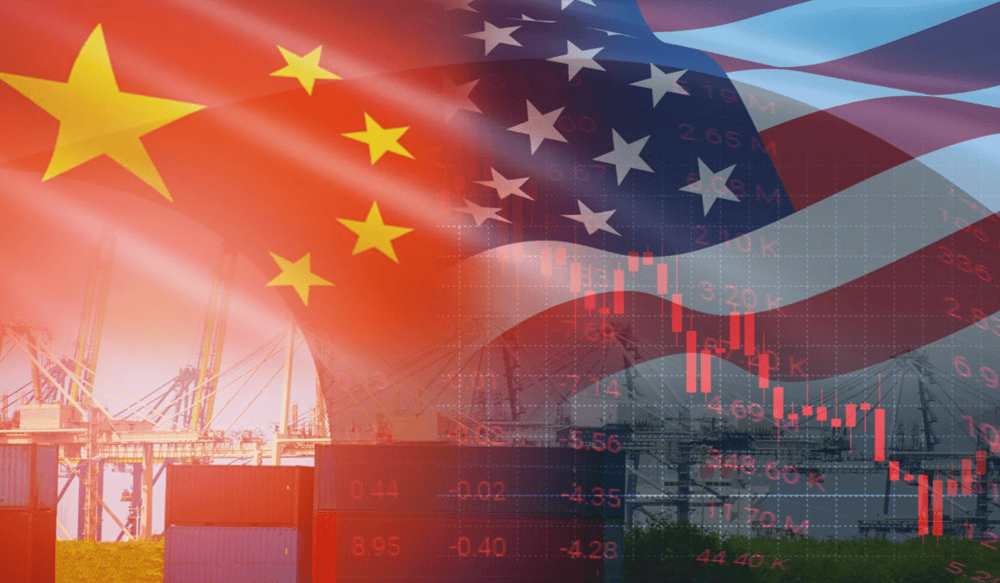Retail Companies Increasingly Opt for Privatization Amid US-China Trade War Uncertainty
Amid ongoing volatility caused by the US-China trade war, retail companies have experienced significant fluctuations in their stock valuations. The unpredictability of President Donald Trump's trade policies has prompted board members and owners of retail firms, whose share prices have been adversely affected, to consider privatization as a strategic response. The recent move by Skechers $SKX, which transitioned into a private company earlier this month, exemplifies a growing trend where retail firms seek stability away from public market pressures.
Effects of Trade War and Market Instability on Retail Privatization Trends
The intensification of trade tensions between the United States and China has contributed to considerable uncertainty within equity markets, especially impacting the retail sector. The cyclical shifts in tariffs and policy announcements have resulted in volatile stock prices, undermining investor confidence and complicating capital-raising efforts.
Consequently, retail companies are increasingly inclined to accept offers for privatization to avoid prolonged market turbulence and maintain operational flexibility. The Skechers privatization deal serves as a bellwether, signaling a possible wave of similar transactions. According to interviews with ten investment bankers and M&A lawyers, the likelihood of additional retail companies opting for private ownership is heightened, particularly if there is no imminent resolution or clearer guidance on US trade policies.
Privatization enables retail firms to focus on long-term strategies without the immediate pressure of quarterly earnings reports or market speculation. It also provides a platform to restructure operations or pivot business models in response to the disrupted global trade environment. This trend may accelerate consolidation within the retail industry, driven by private equity investments and strategic buyouts.

Key Facts
Skechers became a private company earlier this month.
Retail stocks have been highly volatile due to the US-China trade war.
Board members and owners increasingly favor privatization to avoid market chaos.
Interviews with 10 investment bankers and M&A attorneys indicate rising deal activity.
Trade policy uncertainty remains a primary driver for retail delisting trends.
Continued Analysis: Market and Expert Reactions to Retail Sector Privatization
Market observers acknowledge that privatization is a rational response to heightened volatility and uncertain trade environments. While public markets demand transparency and short-term results, private ownership allows retail companies to shield themselves from erratic investor sentiment linked to geopolitical tensions.
Investment banks note an uptick in deal flow within retail mergers and acquisitions, as buyers and sellers seek to capitalize on market dislocations. Legal experts highlight the importance of thorough due diligence, given the complexity of cross-border trade risks affecting retail supply chains and earnings forecasts.
However, some analysts caution that an extended period of privatization may reduce liquidity and transparency in the retail sector, potentially complicating capital access for smaller players. The balance between mitigating short-term risk and maintaining long-term growth potential remains a key consideration for stakeholders.

Key Takeaways
Trade war-induced volatility is accelerating privatization trends in retail.
Skechers’ privatization is a precedent for similar retail deals.
Board members prefer private ownership to avoid public market unpredictability.
Increased M&A activity in retail reflects strategic repositioning amid trade uncertainty.
Market experts warn of potential downsides related to reduced liquidity and transparency.
Privatization as a Strategic Response to Trade War Uncertainty in Retail
The US-China trade war has reshaped the landscape for retail companies, prompting a strategic shift toward privatization to counteract stock market volatility and regulatory uncertainty. The case of Skechers illustrates how retail firms prioritize stability and operational control in a fragmented geopolitical climate. As long as trade policies remain unsettled, the retail sector is likely to witness further privatization and consolidation.
This development underscores the evolving role of private equity and strategic investors in reshaping retail ownership structures. It also highlights the broader impact of geopolitical factors on capital markets and corporate governance. The privatization wave could redefine how retail companies navigate risk and growth in an increasingly complex global trade environment.















Comments
Retailers choosing to go private may just be finding a lifeline amid this unpredictable trade war rollercoaster.